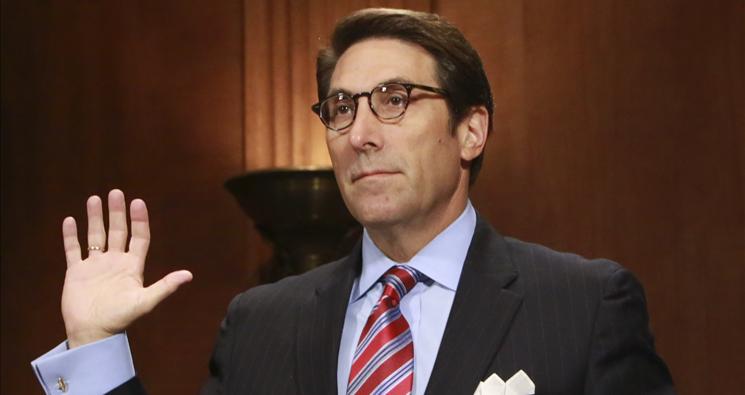Senate Testimony: “Preserve an Independent Judiciary”
On Tuesday, Jay went before the United States Senate Judiciary Committee’s Subcommittee on Bankruptcy and the Courts to provide testimony about the Federal Judgeship Act of 2013. This was a critically important opportunity to speak out about the importance of preserving a federal judiciary that is free of political influence, and to make recommendations regarding several concerning aspects of the Federal Judgeship Act of 2013, which is currently being considered by the Subcommittee.
By way of background, the Federal Judgeship Act of 2013 would create 91 new judgeships within the federal judiciary. These judgeships would go into effect immediately at a cost of about $1 million per year per judge (for a total 10-year cost of about $1Billion).
As Jay told the committee, there are certainly times when Congress’ duty to staff the federal judiciary will require the creation of new judgeships. However, the bill currently being considered is not only extraordinarily large and expensive, but it also fails to include adequate protection from inappropriate political influence.
Think about this fact that Jay pointed out to the Committee -- there are currently 92 vacancies in the federal judiciary that President Obama is tasked with filling, and this bill would essentially double that figure by creating an additional 91 judgeships! It would be a dramatic reshaping of the judiciary for one President, and would occur before the next election.
Previous judgeship bills have recognized this problem and have addressed it by delaying the effective date of the legislation until after the next election. In response to a question from Sen. Jeff Sessions (R-AL), Jay recommended that the Senate stagger any judgeships created over three presidential elections, and that it make absolutely certain that any new judgeships were clearly worth the high cost it will take to create and maintain them.
You can read Jay’s full testimony here, along with a 2009 ACLJ memo that he submitted to the Subcommittee for the record.
